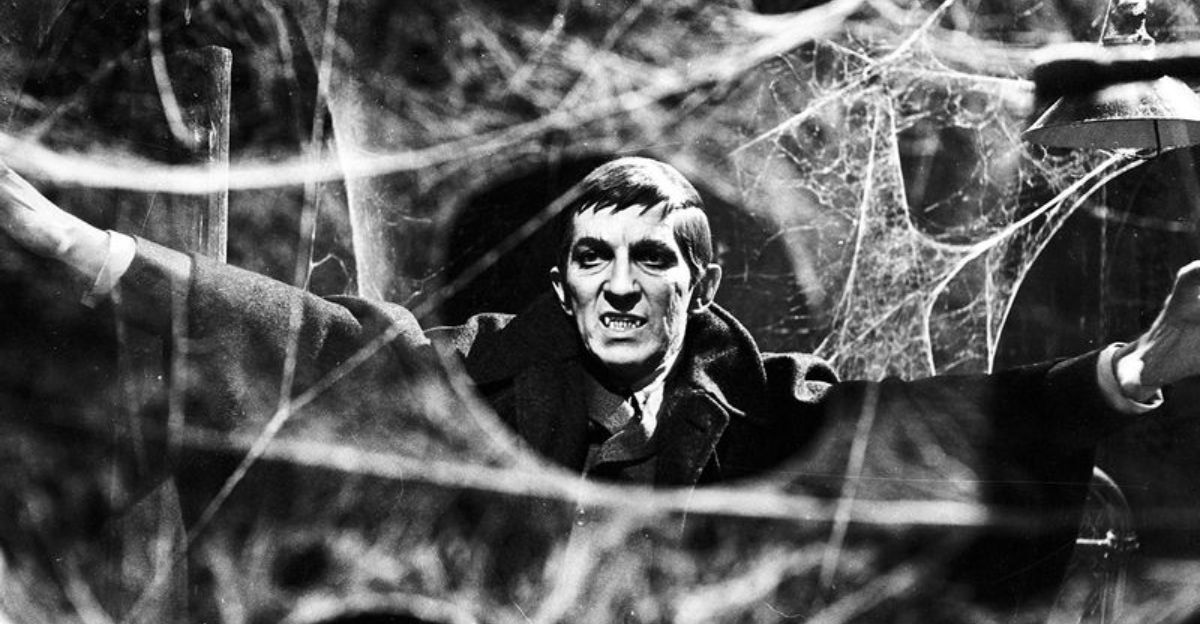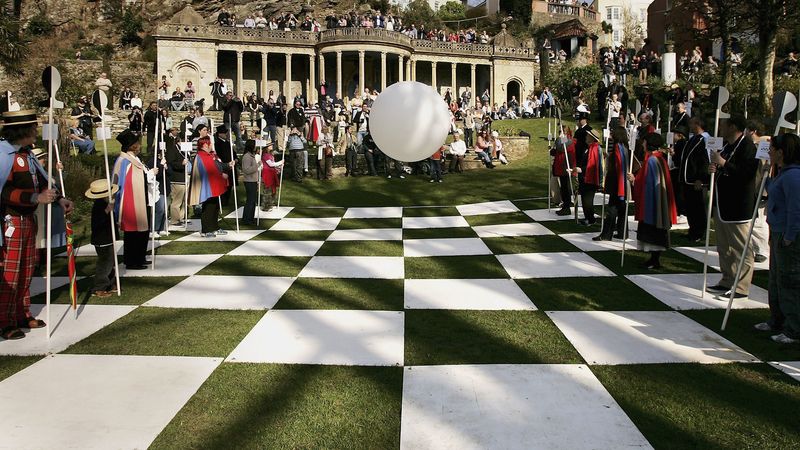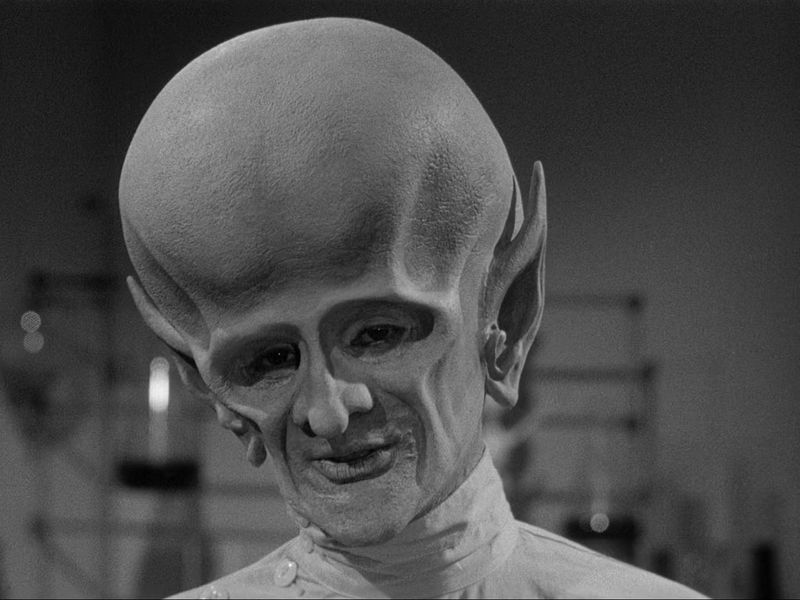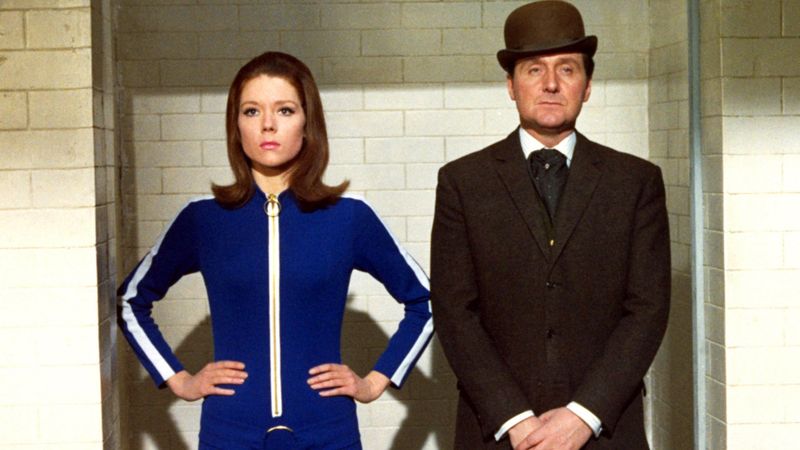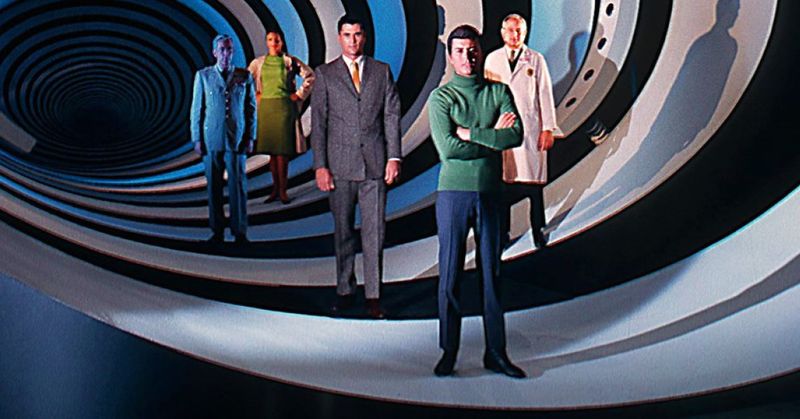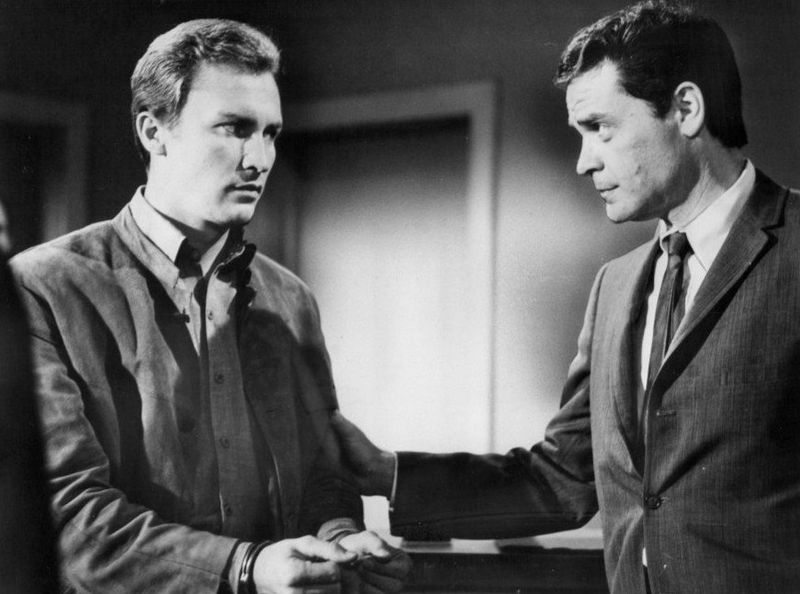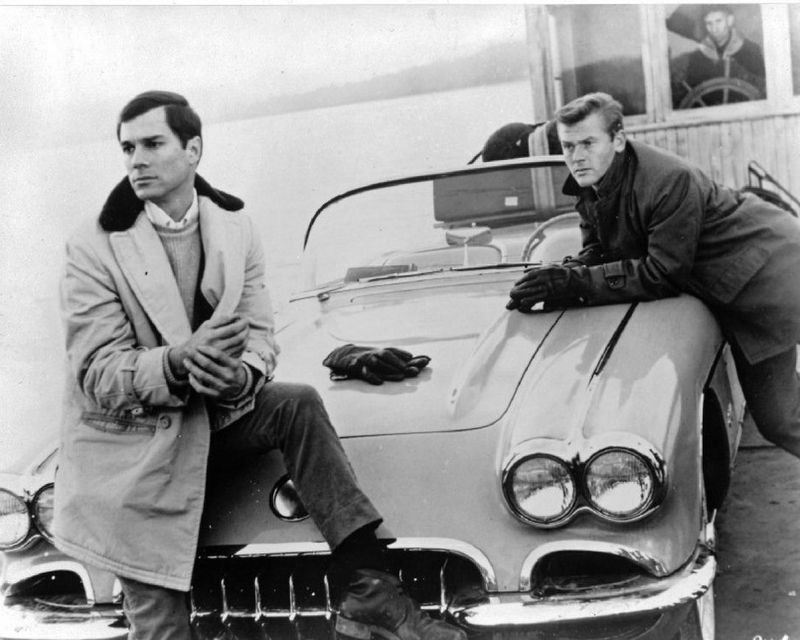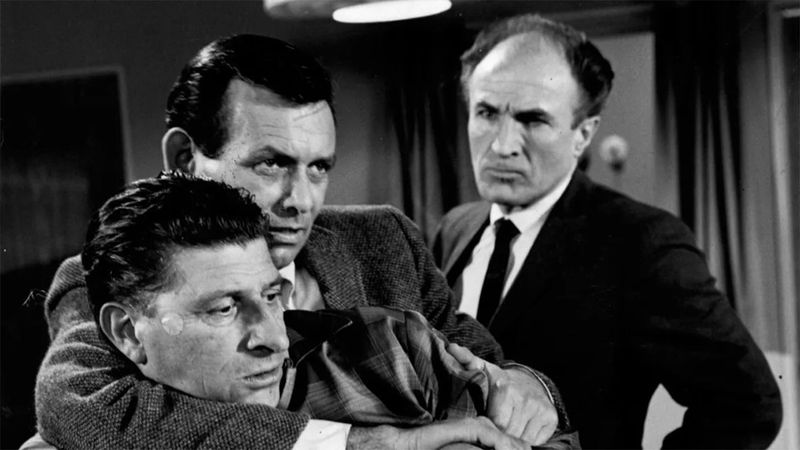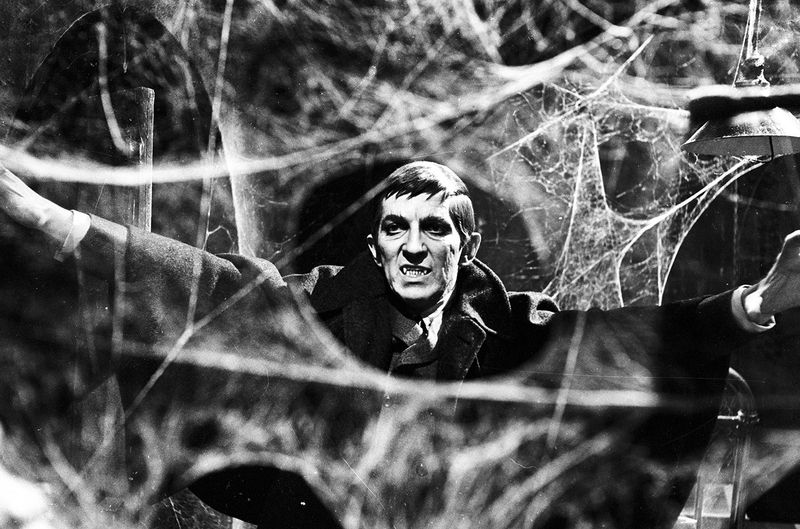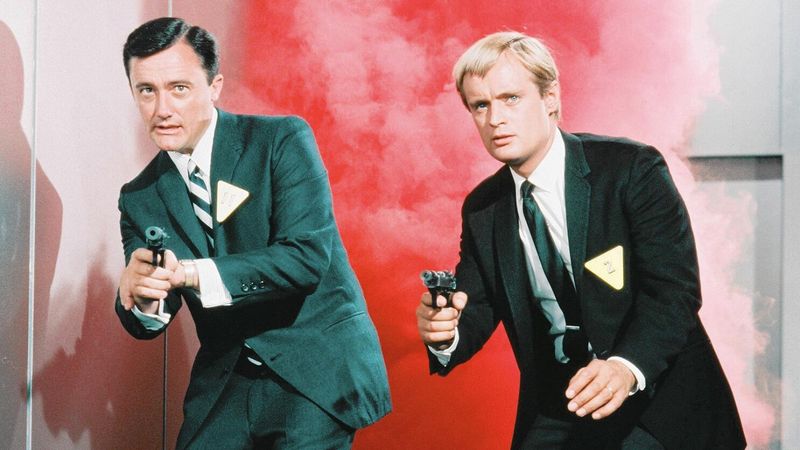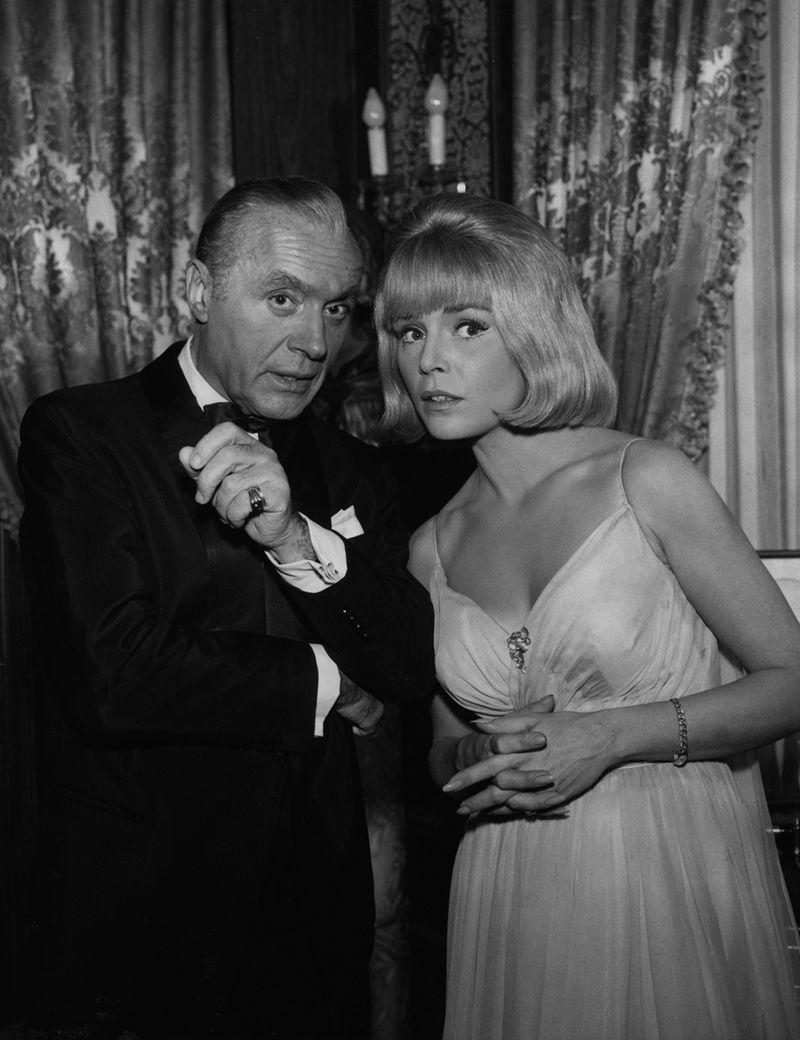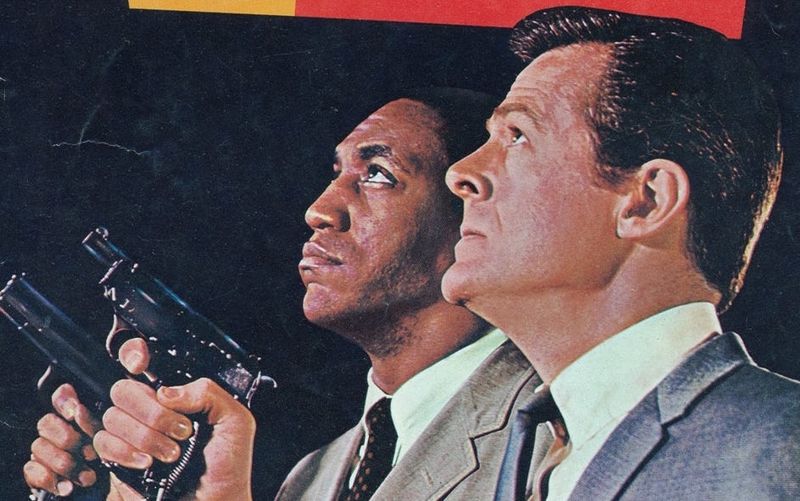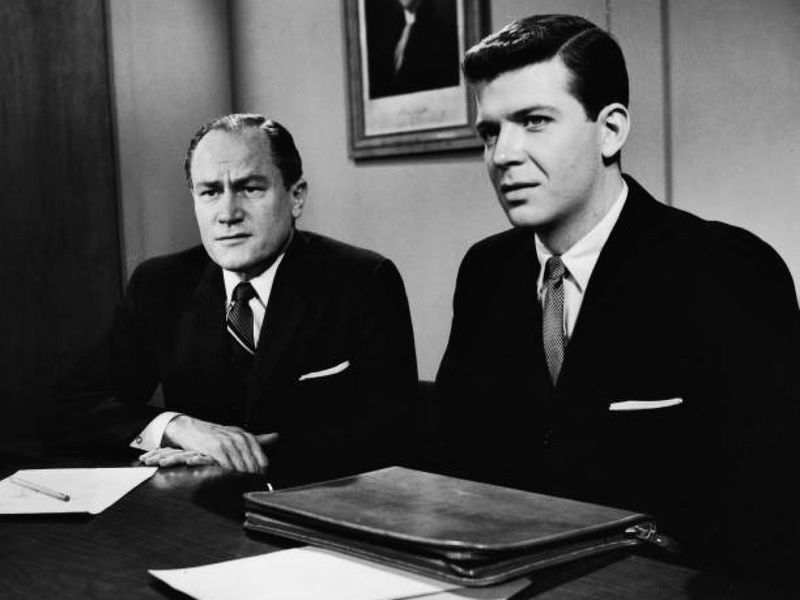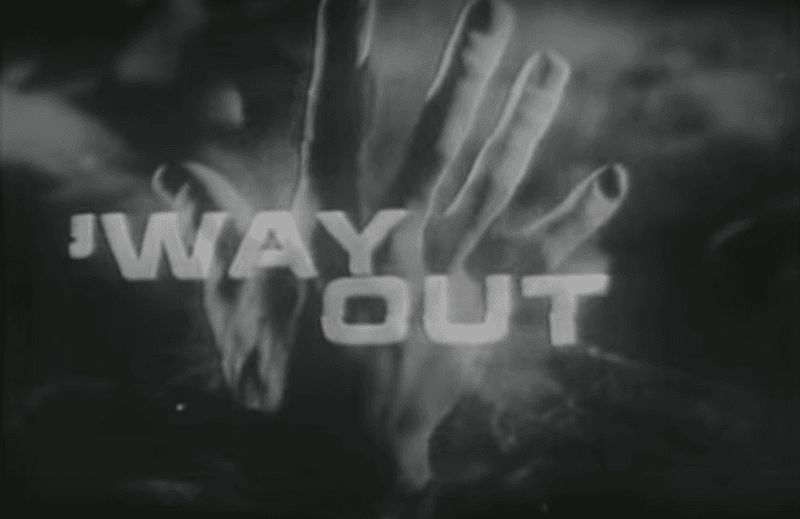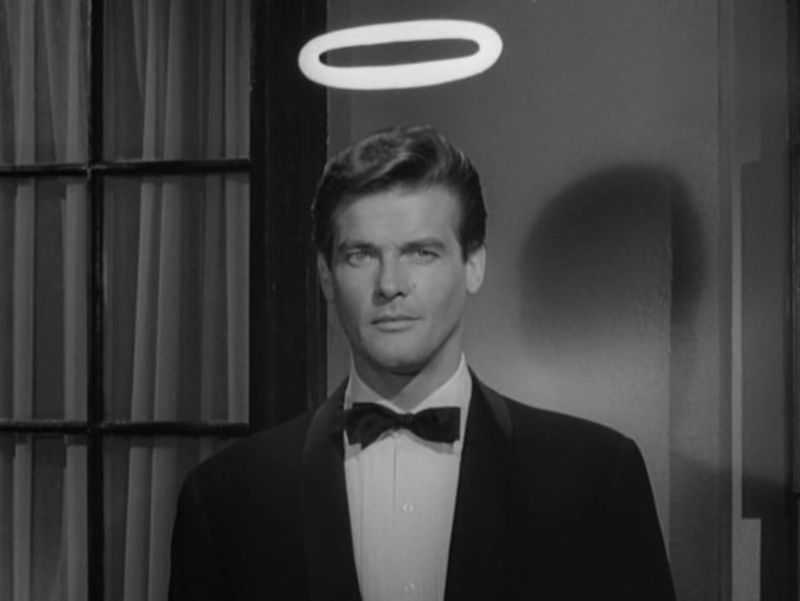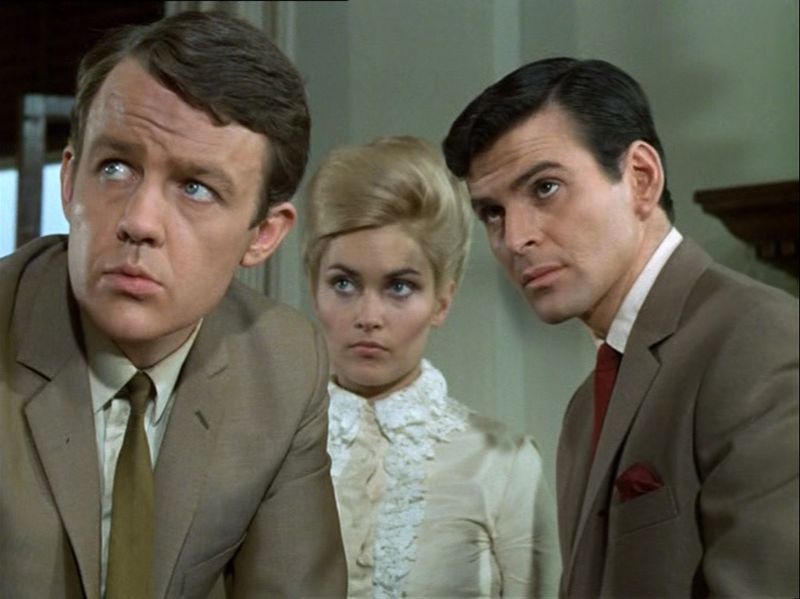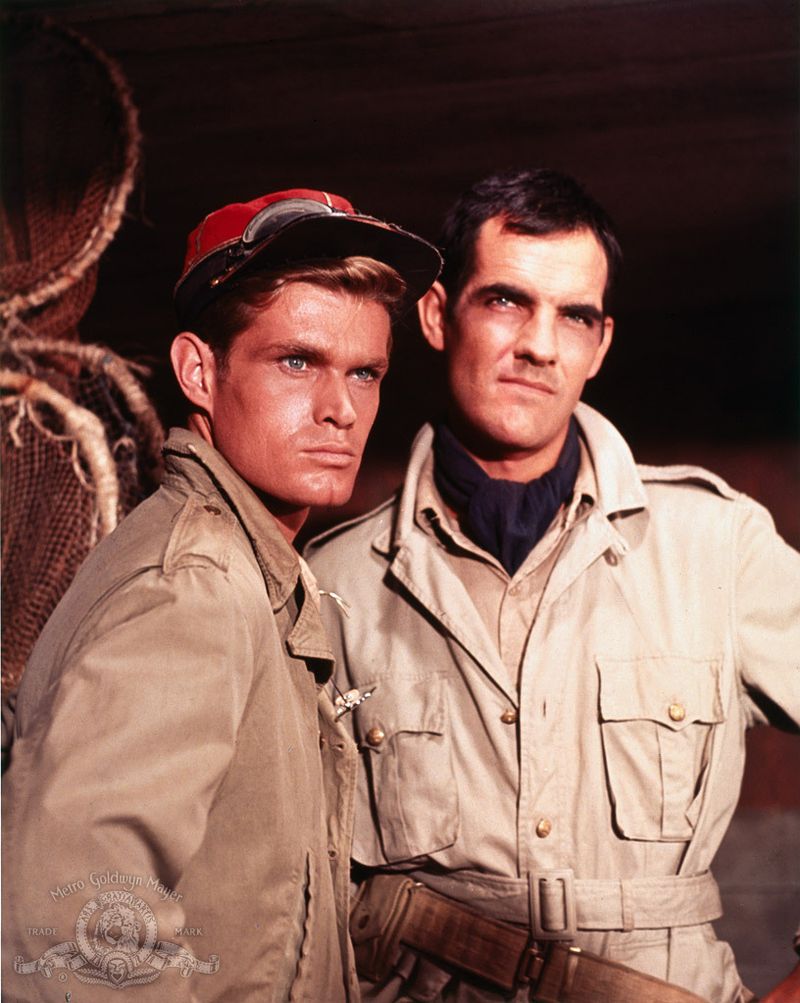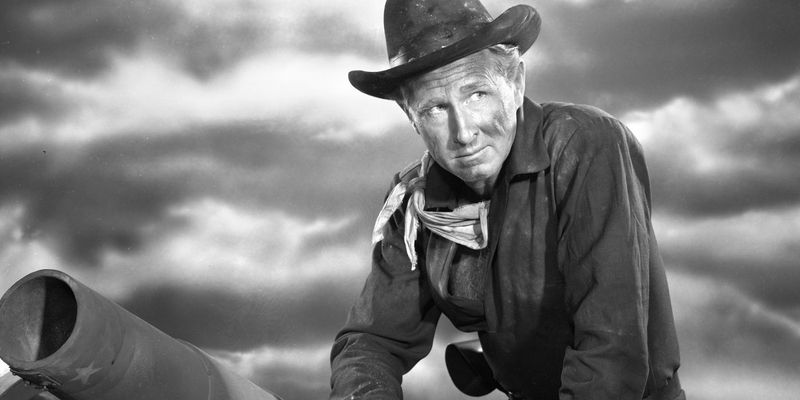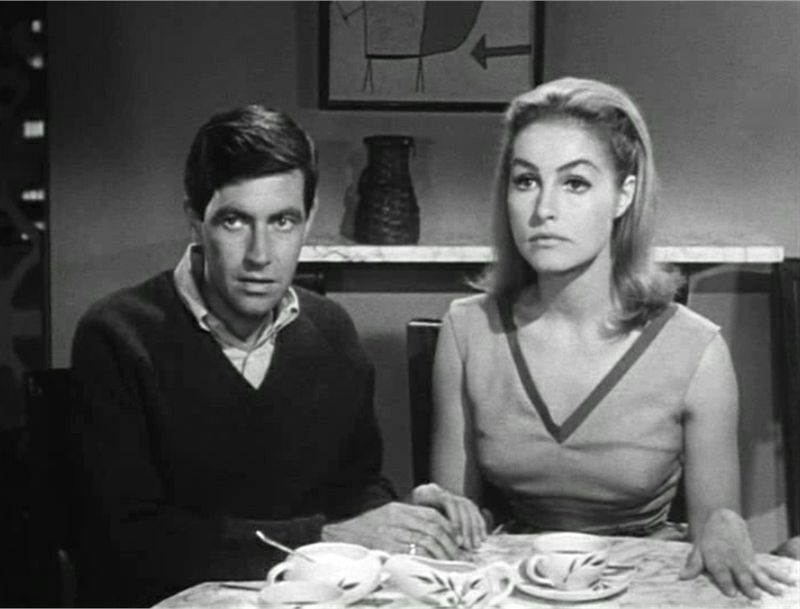The 1960s was a decade of experimentation and innovation in television, with many shows pushing boundaries in storytelling, character development, and social commentary. While some of these series have faded into obscurity, they were trailblazers in their time, influencing countless shows that followed. Here, we revisit 18 such forgotten gems that were remarkably ahead of their time.
1. The Prisoner (1967–1968)
In the enigmatic world of ‘The Prisoner,’ Patrick McGoohan portrayed a trapped ex-agent in a peculiar village. This British series intertwined spy thriller, psychological drama, and dystopian sci-fi, echoing modern themes of surveillance and rebellion. Its avant-garde storytelling prefigured shows like ‘Black Mirror.’ As viewers navigated the symbolic labyrinth alongside McGoohan, the series questioned individuality and autonomy in a conformist society, making it a timeless classic.
2. The Outer Limits (1963–1965)
‘The Outer Limits,’ often overshadowed by ‘The Twilight Zone,’ delved into thought-provoking themes like AI, genetic engineering, and alien encounters. This anthology series captivated audiences with its darker, more cerebral approach to sci-fi storytelling. Each episode presented standalone narratives, challenging perceptions of reality and humanity’s place in the cosmos. The show’s innovative concepts paved the way for future sci-fi explorations.
3. The Avengers (1961–1969)
Long before female leads became the norm, ‘The Avengers’ introduced Emma Peel, a trailblazing character blending wit, martial arts, and sci-fi elements. This British spy-fi series was a precursor to modern shows featuring empowered women like ‘Alias’ and ‘Killing Eve.’ With its unique mix of humor and action, ‘The Avengers’ showcased innovative storytelling in the espionage genre.
4. The Time Tunnel (1966–1967)
‘The Time Tunnel’ transported viewers across time, following two scientists lost in a temporal whirlwind. This sci-fi adventure series predated ‘Quantum Leap’ and ‘Doctor Who,’ captivating audiences with its exploration of historical events. Each episode presented new eras, blending educational elements with thrilling escapades. Its imaginative premise and groundbreaking special effects made it a standout of its era.
5. The Invaders (1967–1968)
‘The Invaders’ enthralled audiences with its chilling narrative of alien infiltration on Earth. Pioneering the paranoid thriller genre, it laid the groundwork for later hits like ‘The X-Files.’ As protagonist David Vincent uncovered extraterrestrial secrets, viewers were drawn into a world of suspense and intrigue. The show’s innovative approach to the alien genre remains influential today.
6. Route 66 (1960–1964)
‘Route 66’ chronicled the adventures of two drifters exploring America’s social landscape. Tackling themes like racism, poverty, and counterculture, it was a precursor to ‘Easy Rider.’ The series’ episodic structure allowed for diverse narratives, reflecting the era’s changing values and attitudes. Its portrayal of the American journey resonated with audiences, offering a unique window into the 60s.
7. The Fugitive (1963–1967)
‘The Fugitive’ introduced viewers to the intense drama of a wrongfully accused man on the run. This groundbreaking series inspired future classics like ‘The Bourne Identity.’ With its compelling narrative and character development, it explored themes of justice, morality, and human resilience. Each episode presented new challenges for its protagonist, keeping audiences on edge.
8. Dark Shadows (1966–1971)
‘Dark Shadows’ blended gothic horror with soap opera, featuring vampires, ghosts, and time travel. As the first of its kind, it paved the way for modern supernatural dramas like ‘Buffy’ and ‘Supernatural.’ The show’s unique blend of romance, mystery, and horror captivated audiences, leaving a lasting legacy in TV history. Its innovative storytelling merged everyday drama with the fantastical.
9. The Man from U.N.C.L.E. (1964–1968)
Combining humor, gadgets, and global intrigue, ‘The Man from U.N.C.L.E.’ offered a fresh take on Cold War espionage. This series was a precursor to ‘Mission: Impossible’ and ‘James Bond’ for TV audiences. Its charismatic leads and clever plots kept viewers engaged, while the show’s innovative storytelling influenced future spy dramas. The blend of action and wit set it apart in the genre.
10. The Rogues (1964–1965)
‘The Rogues’ delighted viewers with its tales of a family of con artists. Decades before ‘Leverage’ or ‘Ocean’s Eleven,’ it showcased wit, charm, and sophistication in heist storytelling. The series’ clever narratives and charismatic characters captivated audiences, offering a fresh take on the crime genre. Its influence can be seen in modern heist dramas, making it a forgotten gem.
11. I Spy (1965–1968)
Breaking racial barriers, ‘I Spy’ featured Bill Cosby as a Black lead alongside Robert Culp. The series showcased equality and partnership during a time of racial tension. Its groundbreaking portrayal of interracial teamwork paved the way for future diverse casting in TV dramas. The show’s blend of action, humor, and social commentary made it a standout of its time.
12. The Defenders (1961–1965)
‘The Defenders’ brought courtroom drama to TV, addressing controversial issues like abortion, civil rights, and McCarthyism. Its bold storytelling challenged societal norms, paving the way for future legal dramas. The series’ nuanced approach to justice and morality resonated with audiences, offering thought-provoking narratives. Its legacy can be seen in shows like ‘Law & Order’ and ‘The Good Wife.’
13. Way Out (1961)
Hosted by Roald Dahl, ‘Way Out’ presented a darker take on the horror anthology. Though short-lived, its chilling tales left a lasting impact on the genre. This series provided a platform for unsettling narratives, exploring humanity’s darker side. Its unique approach to horror storytelling paved the way for future anthologies, making it a forgotten rival to ‘The Twilight Zone.’
14. The Saint (1962–1969)
Roger Moore captivated audiences as the suave vigilante in ‘The Saint.’ This series set the template for charming antiheroes like ‘Lupin’ and ‘White Collar.’ With its blend of adventure and sophistication, it showcased innovative storytelling. Moore’s charismatic performance and the show’s engaging plots made it a standout in 60s television, influencing future portrayals of vigilante heroes.
15. The Champions (1968–1969)
‘The Champions’ introduced audiences to three spies who gained superpowers in a plane crash. Merging espionage with sci-fi, it prefigured shows like ‘Agents of S.H.I.E.L.D.’ The series’ unique premise and thrilling narratives captivated viewers, offering a fresh take on the spy genre. Its innovative approach to storytelling left a lasting impression on TV history.
16. The Rat Patrol (1966–1968)
‘The Rat Patrol’ delivered gritty WWII action, focusing on a rogue team in North Africa. Its intense battles and unconventional storytelling prefigured the tone of ‘Inglourious Basterds.’ The series captivated audiences with its thrilling action sequences and character dynamics. Its innovative approach to wartime narratives set it apart in 60s television.
17. The Loner (1965–1966)
Written by Rod Serling, ‘The Loner’ offered a Western with existential depth. Exploring post-Civil War trauma, it provided a unique narrative in the genre. The series’ introspective approach and complex characters resonated with viewers, offering thought-provoking storytelling. Its innovative take on the Western genre left a lasting impact on TV history.
18. My Living Doll (1964–1965)
‘My Living Doll’ brought humor and futuristic elements to TV with its tale of a man living with an android. This sitcom predated themes seen in ‘Weird Science’ and ‘Westworld.’ Its comedic take on human-android relationships offered a fresh narrative, engaging audiences with its imaginative premise. The show’s unique storytelling left a mark on sci-fi comedy.
